Navigating the World: Understanding the Significance of Country Map Names
Related Articles: Navigating the World: Understanding the Significance of Country Map Names
Introduction
With enthusiasm, let’s navigate through the intriguing topic related to Navigating the World: Understanding the Significance of Country Map Names. Let’s weave interesting information and offer fresh perspectives to the readers.
Table of Content
- 1 Related Articles: Navigating the World: Understanding the Significance of Country Map Names
- 2 Introduction
- 3 Navigating the World: Understanding the Significance of Country Map Names
- 3.1 Etymology and Origin: Unveiling the Story Behind the Name
- 3.2 Geographic Significance: Shaping Identity Through Landscape
- 3.3 Cultural Reflections: A Tapestry of Values and Beliefs
- 3.4 Understanding the Significance: Why Country Map Names Matter
- 3.5 FAQs: Delving Deeper into Country Map Names
- 3.6 Tips for Exploring Country Map Names
- 3.7 Conclusion: A Journey of Discovery Through Names
- 4 Closure
Navigating the World: Understanding the Significance of Country Map Names
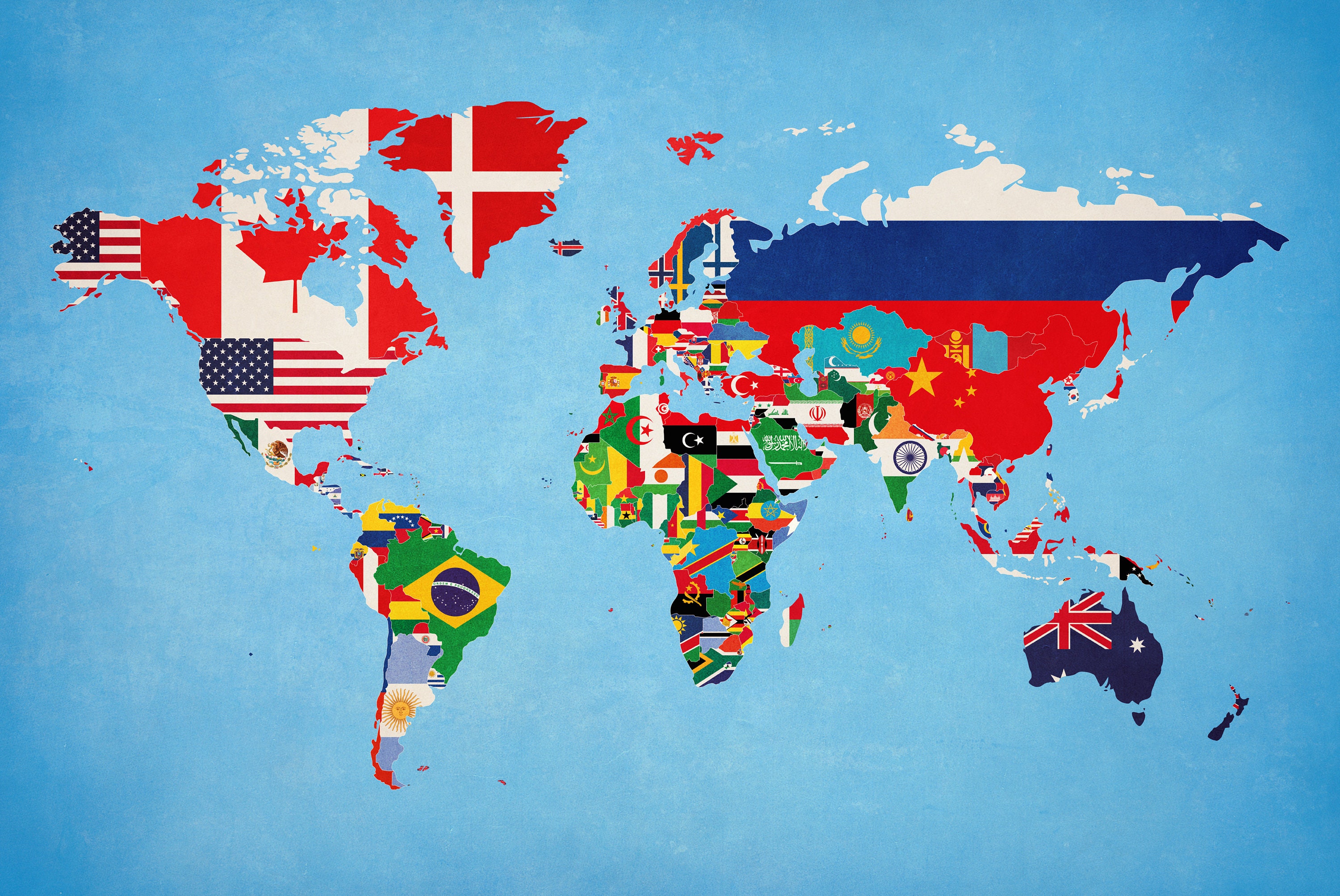
The world is a tapestry of diverse cultures, landscapes, and histories, each woven into the fabric of its unique identity. One element that helps us understand this complex tapestry is the country map name. These names, often seemingly simple, hold within them a wealth of information, reflecting historical events, geographical features, and cultural values. Understanding the origins and significance of these names offers a deeper appreciation for the world’s rich diversity and the interconnectedness of human history.
Etymology and Origin: Unveiling the Story Behind the Name
The names assigned to countries often have deep roots in history, reflecting the evolution of their borders, languages, and cultural identities. Some names are derived from ancient civilizations, tracing their lineage back to the origins of human settlement. For example, the name "Egypt" stems from the ancient Greek word "Aigyptos," itself derived from the name of the ancient Egyptian city of "Hikuptah," meaning "House of Ptah," the god of creation. Similarly, "India" finds its roots in the ancient Indus River Valley Civilization, where the region was known as "Sindhu."
Other country names are derived from indigenous languages, reflecting the ancestral ties of the land. "Mexico," for instance, originates from the Nahuatl word "Mēxihco," referring to the Aztec capital city of Tenochtitlan. The name "Brazil" is believed to be derived from the Portuguese word "pau-brasil," which refers to a type of red dye-producing wood found in the region.
The evolution of country names can also reflect political and social transformations. The name "United States of America" signifies the unification of thirteen colonies into a single nation. The name "Sudan" is derived from the Arabic word "bilad al-sudan," meaning "Land of the Blacks," highlighting the region’s demographic composition.
Geographic Significance: Shaping Identity Through Landscape
Country map names often reflect prominent geographical features, underscoring the role of landscape in shaping identity and cultural development. "Japan," for instance, derives from the Japanese word "Nihon," meaning "Land of the Rising Sun," referencing the country’s eastern location and its association with the sunrise.
The name "Chile" is believed to be derived from the Quechua word "chilli," referring to the indigenous people who inhabited the region, highlighting the country’s connection to its native population. "Iceland," aptly named, signifies the country’s glacial landscape, dominated by vast expanses of ice and snow.
Cultural Reflections: A Tapestry of Values and Beliefs
Country map names can also reflect cultural values, beliefs, and historical narratives. "France," for instance, is derived from the Frankish people, a Germanic tribe that established a powerful kingdom in the region, reflecting the country’s historical connection to Germanic culture.
The name "China," derived from the Qin Dynasty, signifies the country’s ancient imperial history and its enduring legacy. "Australia," named after the Latin word "Australis," meaning "southern," reflects the country’s geographical location and its unique ecosystem.
Understanding the Significance: Why Country Map Names Matter
Beyond simply identifying locations, country map names offer a window into the rich tapestry of human history, culture, and geography. Understanding these names allows us to:
- Appreciate the diversity of human experience: Every country map name holds a unique story, reflecting the diverse origins, cultures, and histories of nations around the world.
- Gain deeper insights into cultural identities: Country map names often reflect cultural values, beliefs, and historical narratives, offering a deeper understanding of national identities.
- Recognize the interconnectedness of human history: The origins and evolution of country map names highlight the interconnectedness of human history, demonstrating how different cultures and civilizations have interacted and shaped the world we live in.
- Foster empathy and understanding: By learning about the origins and significance of country map names, we can develop a deeper appreciation for different cultures and perspectives, fostering empathy and understanding across borders.
FAQs: Delving Deeper into Country Map Names
1. Why are some country names different in different languages?
Country names often vary across languages due to differences in pronunciation, translation, and cultural interpretations. For instance, "Germany" in English is "Deutschland" in German, reflecting the linguistic differences between the two cultures.
2. How do country map names change over time?
Country map names can change over time due to political transformations, historical events, and cultural shifts. For example, the name "Czechoslovakia" was replaced by "Czech Republic" and "Slovakia" following the country’s peaceful separation in 1993.
3. Are there any countries without official names?
While most countries have officially recognized names, some territories or regions may lack official names or have multiple names depending on the context. For example, the territory of Western Sahara is claimed by Morocco but also recognized as a separate state by the Sahrawi people.
4. How do country map names impact political and social identities?
Country map names play a significant role in shaping political and social identities. They can be used to promote unity, assert sovereignty, or reflect historical narratives, influencing how people perceive themselves and their nation.
Tips for Exploring Country Map Names
- Engage with etymology: Explore the origins and meanings of country map names by researching their linguistic roots and historical context.
- Connect names to geography: Examine how country map names reflect prominent geographical features, such as mountains, rivers, or coastlines.
- Consider cultural influences: Investigate how country map names reflect cultural values, beliefs, and historical narratives.
- Explore diverse perspectives: Research different perspectives on country map names, including those of indigenous peoples, historical figures, and contemporary scholars.
Conclusion: A Journey of Discovery Through Names
Country map names are more than just labels; they are windows into the rich tapestry of human history, culture, and geography. By understanding the origins and significance of these names, we can gain a deeper appreciation for the world’s diverse cultures, the interconnectedness of human history, and the power of language to shape identity and understanding. As we navigate the world, let us embrace the opportunity to learn from the stories embedded in each country map name, fostering a greater appreciation for the tapestry of human experience that makes our planet so vibrant and unique.
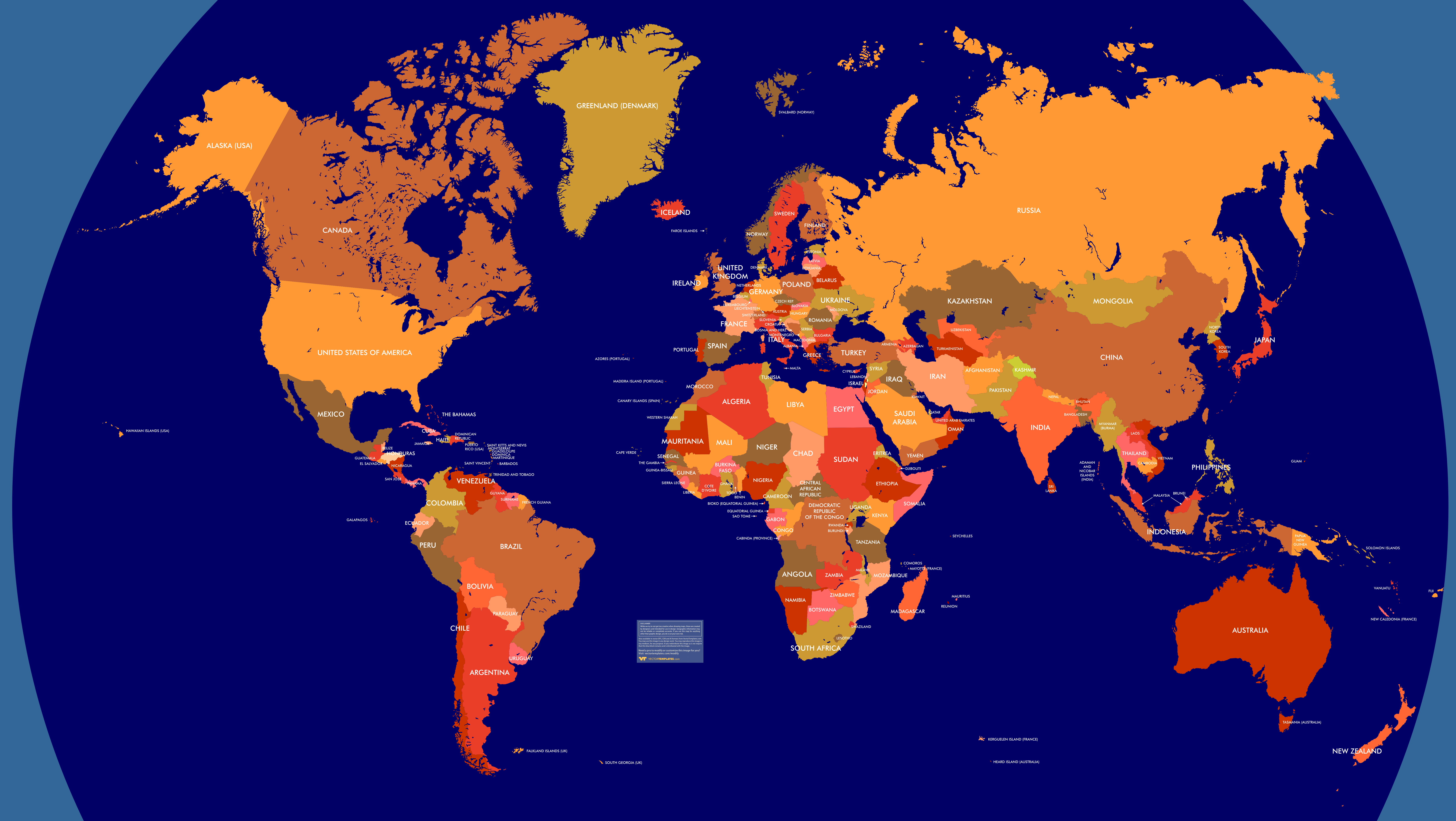
.png/revision/20131215195645)
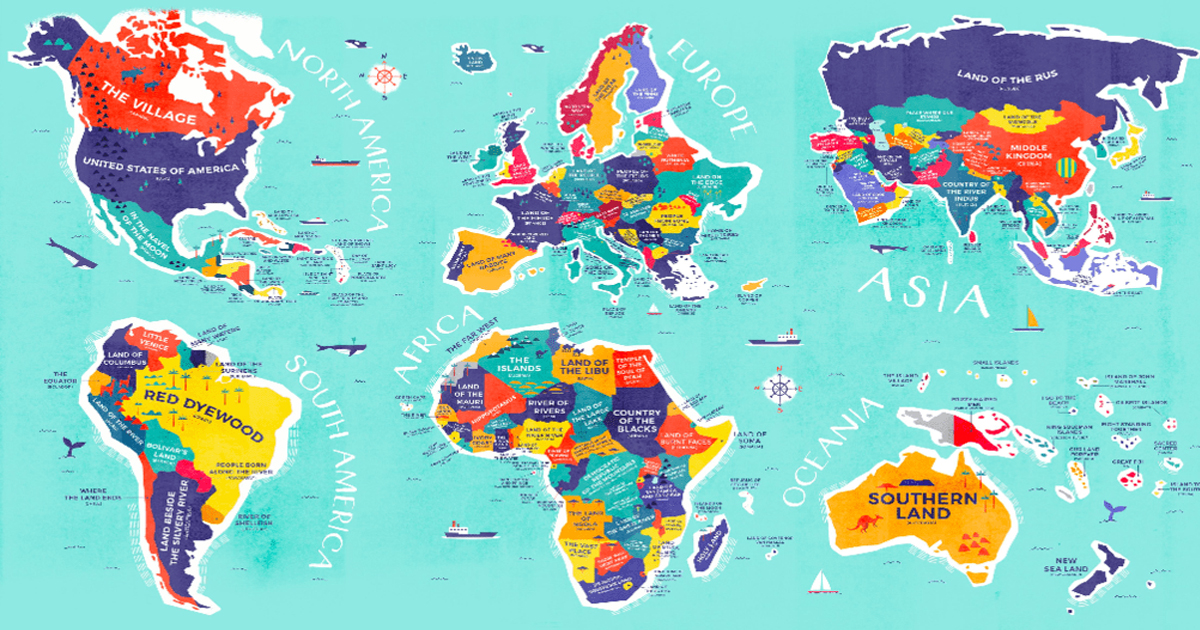

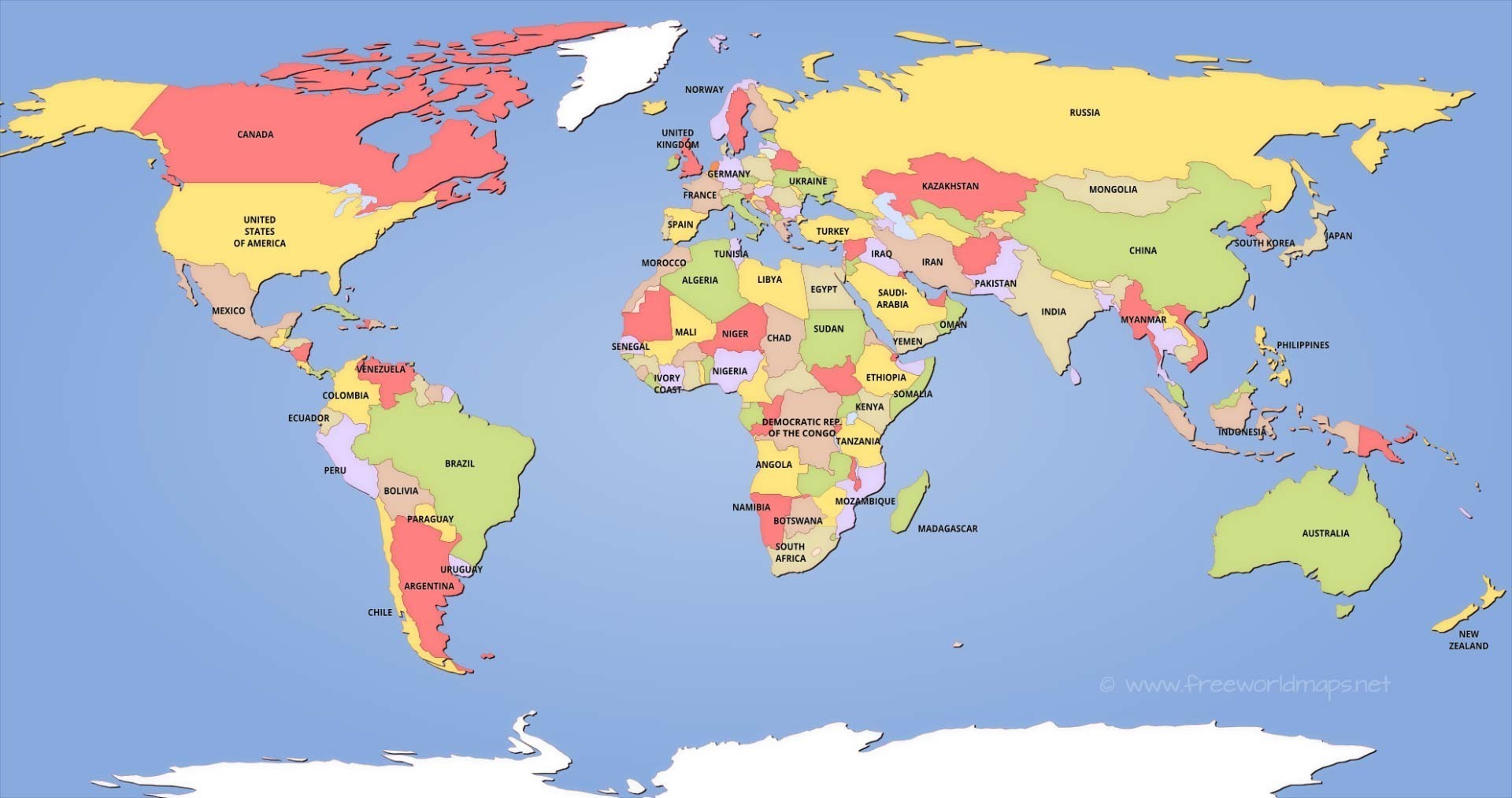
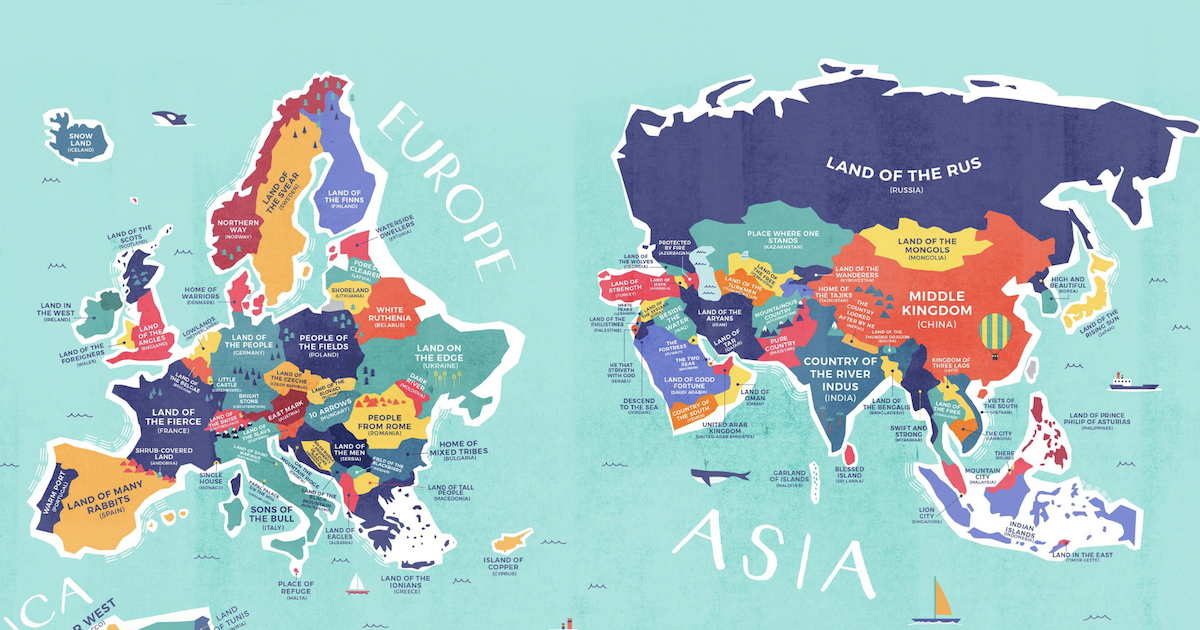
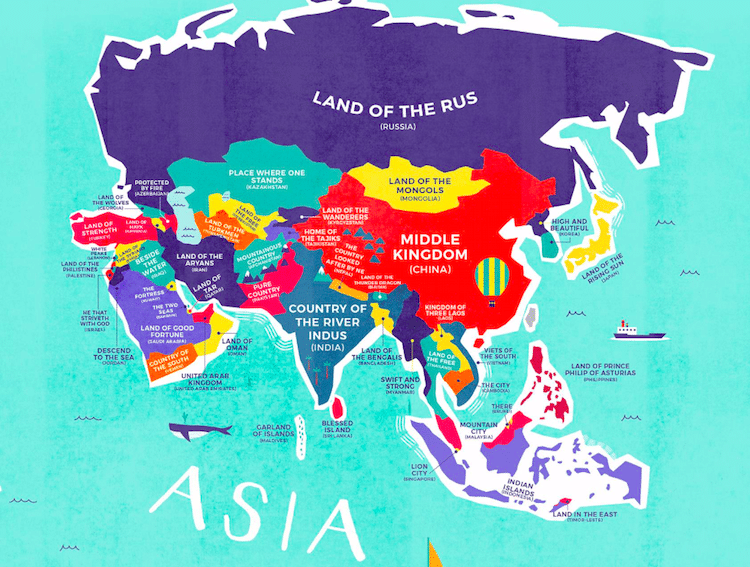

Closure
Thus, we hope this article has provided valuable insights into Navigating the World: Understanding the Significance of Country Map Names. We thank you for taking the time to read this article. See you in our next article!